
Everything that has ever been called folk art has always reflected domination
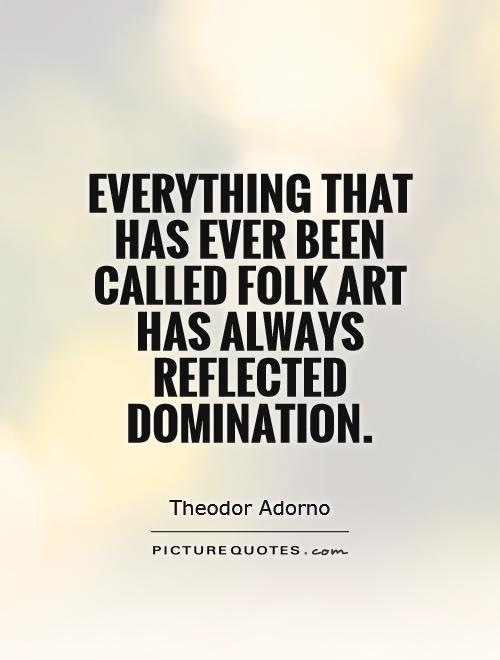
Everything that has ever been called folk art has always reflected domination
The statement "Everything that has ever been called folk art has always reflected domination" can be analyzed through the lens of Theodor Adorno's critical theory. Adorno, a prominent member of the Frankfurt School, was known for his critiques of mass culture and the ways in which it perpetuates domination and oppression. In his work, Adorno argued that art and culture are not neutral or apolitical, but rather reflect the social and political structures in which they are produced.When considering folk art in this context, it becomes clear that Adorno would view it as a reflection of the dominant power structures of society. Folk art, which is often associated with traditional and rural communities, can be seen as a product of a particular time and place, shaped by the social norms and values of that society. Adorno would argue that folk art, like all forms of culture, is not created in a vacuum, but is influenced by the dominant ideologies and power dynamics of the society in which it is produced.
Furthermore, Adorno would likely argue that folk art is not immune to the forces of commodification and exploitation that characterize mass culture. In a capitalist society, art and culture are often commodified and turned into products for mass consumption. Folk art, which is often seen as authentic and rooted in tradition, can be co-opted and commercialized by those in power, further reinforcing domination and exploitation.
Additionally, Adorno would likely critique the romanticization of folk art as a pure and untainted form of expression. He would argue that folk art, like all forms of culture, is shaped by the social and political forces that govern society. By romanticizing folk art, we overlook the ways in which it can reflect and perpetuate domination and oppression.
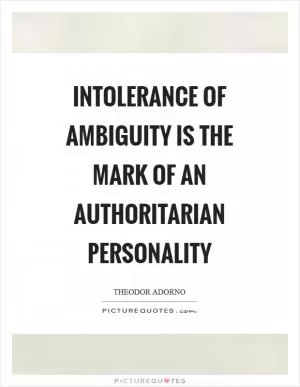
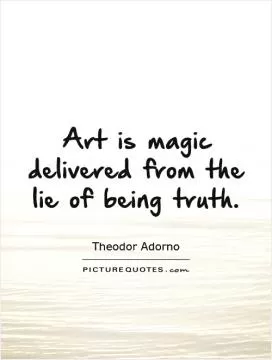
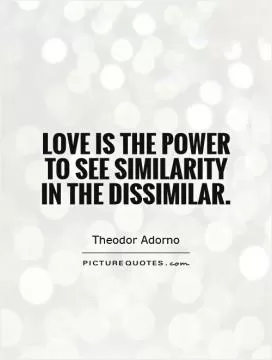

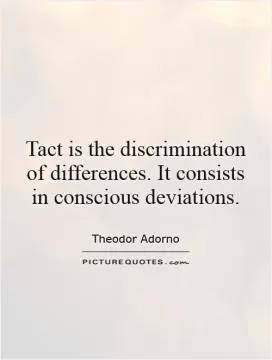
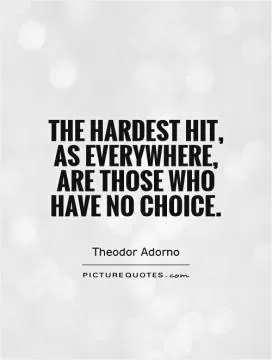




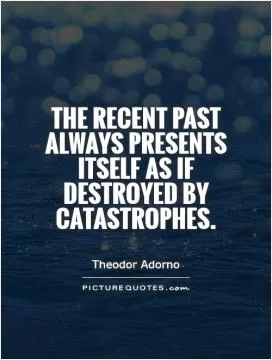
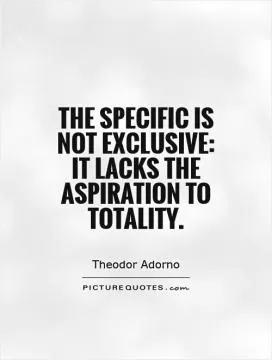
 Friendship Quotes
Friendship Quotes Love Quotes
Love Quotes Life Quotes
Life Quotes Funny Quotes
Funny Quotes Motivational Quotes
Motivational Quotes Inspirational Quotes
Inspirational Quotes